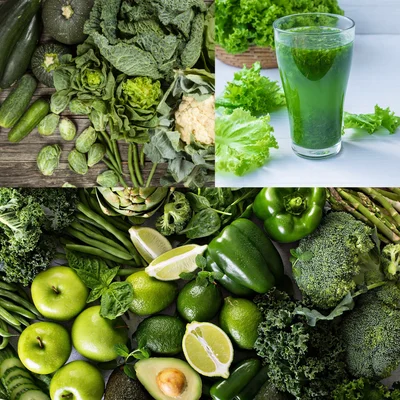AVROCIL SYSTEM ( DIET )


We often say: “The spleen is the source of phlegm, and the lung is the site of sputum storage.” If the patient coughs and has phlegm, we must pay special attention to protecting the spleen and lungs, avoid unsuitable foods in the daily diet, and reduce the burden on the spleen and stomach, because once the spleen and stomach are unable to digest food, the food will become toxic thereby producing phlegm, dampness and heat in the body.
1. Eat less sweets
Sweetness enters the spleen, and a little sweet taste is very nourishing for the spleen and stomach. What is classified as sweet taste? For example, the taste of Chinese cabbage in winter and the taste of grains are both sweet and light. To many people the sweets commonly eaten by children are artificially flavored. Too much sweetness can damage the spleen and easily produce phlegm to help dampness. Therefore, pay attention to avoiding sweets during coughing or down with Flu.
2. Stay away from Dairy products (milk, cheese, yogurt)
Why didn’t the rich and wealthy Chinese people in ancient times have the habit of drinking milk on a daily basis? Because in TCM, we treat milk as a monolithic medicine, and many medical books have clearly stated the taboos. For example, in the “Diet Therapy Materia Medica” of the Tang Dynasty, it was written: “Milk is cooling, and people who suffer from heat and wind should take it. People suffering from wind chills (Cold and Flu) should not take it.”
*Note: Ginger can be used to balance any food’s chillness. Milk is not easy to digest. Even if you have a wind-heat cough, if you encounter a child with weak digestion, it is recommended to stop milk for 2-3 days and substitute with an alternative source of nutrients.
3. Eat less snacks that are prone to phlegm
If snacks contain butter, cream, cheese, chocolate, etc., it is best not to eat them, because although these things taste good, when they enter the body and these nutrients are difficult to digest, and easy to produce phlegm. For example, during a cough, you can experiment by eating some cakes, most coughs will get worse after 30 minutes. Heaty snacks such as potato chips should be avoided if you have a hot and dry cough.
4. Avoid cold drinks.
The lungs hate cold. When you see a sudden cold wind blows over, the lungs will react immediately and expel the cold through sneezing. When we drink cold drinks, we directly invite the cold air into the body. The spleen, stomach and lungs will produce more phlegm, and the child’s cough will naturally become worse.
Fruits are high in sugar contents and are easy to help dampness, not to mention that most fruits are cooling in nature. Even heaty fruits such as durian and jackfruit etc. They will attract dampness and prone to produce phlegm. Therefore, if you encounter wind-chill type of cough, phlegmy cough, you try to avoid fruits for 2-3 days while your cold and flu symptoms persist, and children with cold constitution and weak digestion ability should not eat fruits.
What other foods can’t be eaten during a cold and fever?
- Cold and Fever Diet Guidelines:
- Importance of a light and easily digestible diet during cold and fever.
- Recommended foods: light porridge, clear soup with vegetables.
- Avoidance of Nourishing Foods:
- Why nourishing foods should be avoided during illness.
- Impact of aggravating conditions by consuming heavy foods.
- Honey and Cold Symptoms Worsening:
- Negative effects of honey consumption during a cold and fever.
- How honey may hinder the body’s natural purging of heat.
- Persimmon and Cold Recovery:
- Persimmon’s cold and astringent properties during colds.
- Delayed recovery and aggravated symptoms for wind-cold type of cold.
- Tea Avoidance for Cold Relief:
- Negative effects of strong tea on cold symptoms.
- Increased pulse rate, blood pressure, and elevated body temperature.
- Spicy Food Caution during Colds:
- The impact of spicy foods on Qi and phlegm production.
- Hindered phlegm expulsion affecting recovery progress.
- Salt Intake Control After a Cold:
- Controlling salt intake for optimal cold and flu recovery.
- How excessive salt consumption may hinder the healing process.
- Hydration and Rest Importance:
- Drinking warm water to support cold recovery.
- Emphasizing the significance of rest during a cold.
